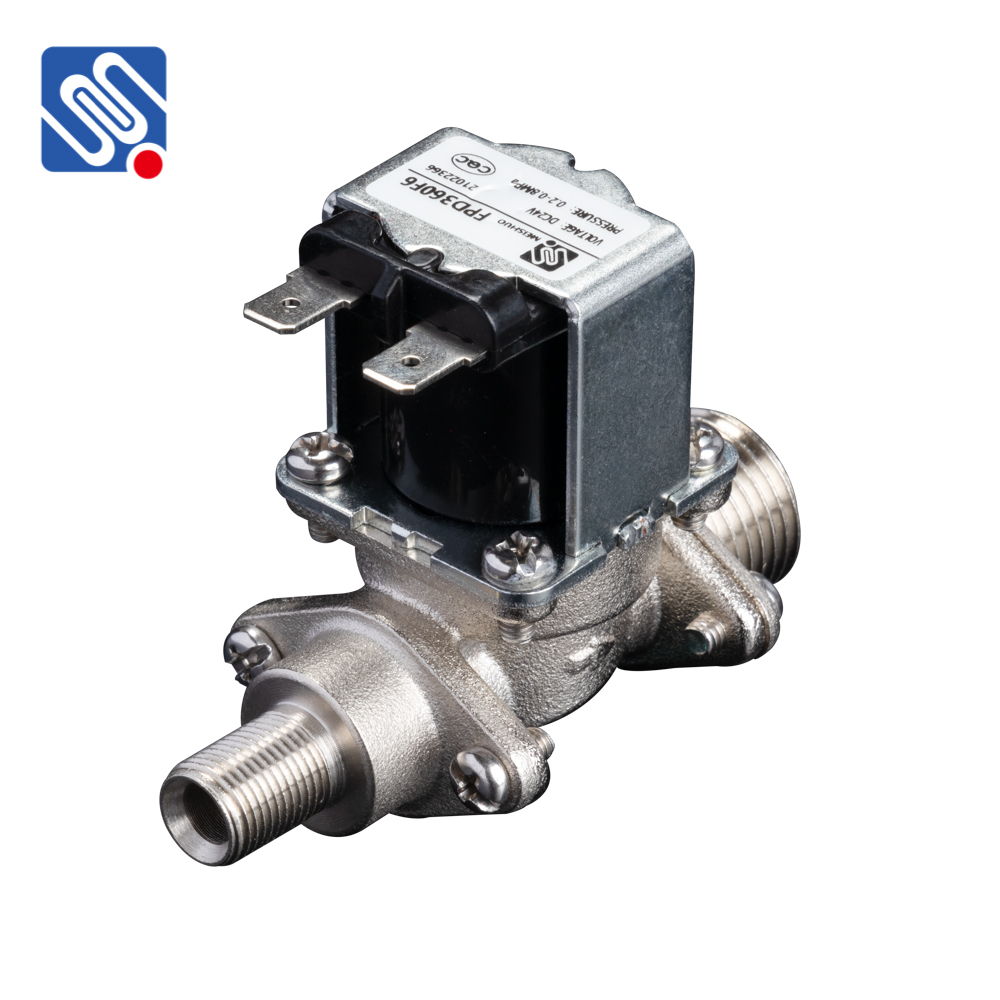flow control solenoid valve: enhancing precision in fluid control systems
Release time:2025-10-17 14:21:07
The Flow Control Solenoid Valve is a critical component in modern fluid control systems, utilized extensively in applications ranging from industrial machinery to automotive engineering. This valve combines the precision of solenoid-driven operation with the versatility of flow control, making it indispensable in sectors such as hydraulics, pneumatics, and HVAC systems. Understanding the operation, features, and applications of flow control solenoid valves provides insight into their vital role in optimizing fluid flow regulation.

Understanding the Flow Control Solenoid Valve
At its core, the flow control solenoid valve is designed to regulate the flow of fluids—whether gases or liquids—within a system. It achieves this by utilizing a solenoid, which is an electromagnet that, when energized, moves a plunger or armature inside the valve. This movement adjusts the aperture through which the fluid passes, thus controlling the flow rate.
The solenoid is energized by an electrical signal, and the valve reacts by opening or closing based on the desired flow rate. The adjustment of the valve’s opening determines the speed at which the fluid flows through the system. This makes the flow control solenoid valve ideal for applications where precise flow regulation is essential.

